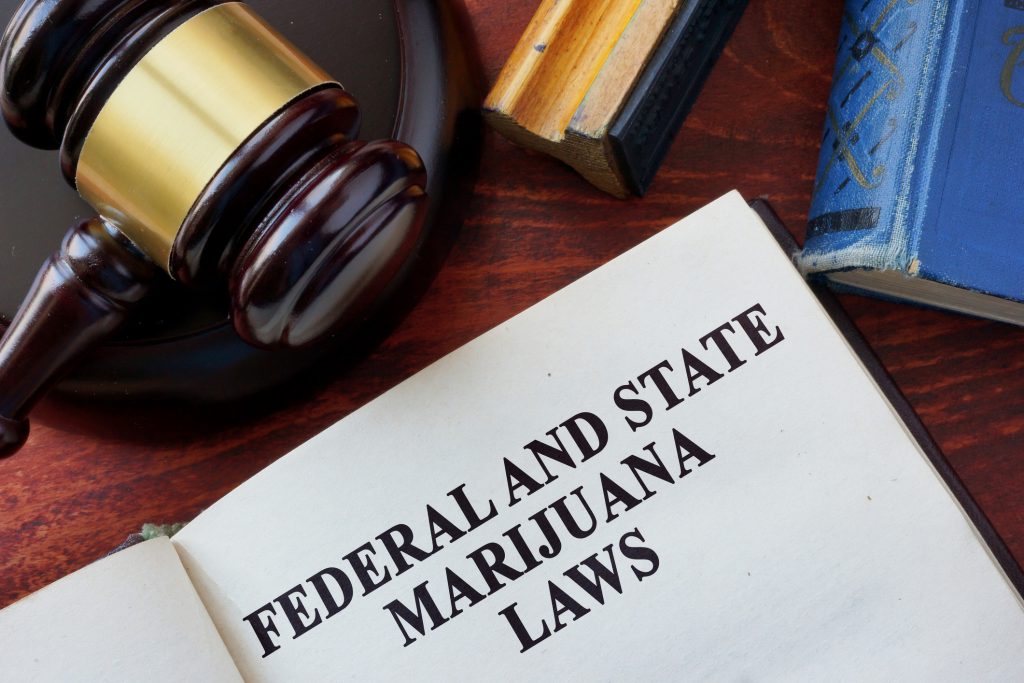How do new marijuana policies affect independent physicians?

Even though the use of medical marijuana is now allowed in 29 states and the District of Columbia, there is still much uncertainty in regard to legal issues as well as medical protocol surrounding the drug. Marijuana is still illegal on a federal level and the newness of the state laws has left many independent physicians unprepared.
In fact, a study published in Drug and Alcohol Dependence found that nine out of 10 doctors say they are unprepared to prescribe medical marijuana to their patients. More than one-third, just over 35%, of those physicians participating in the survey say they are not prepared to answer patient questions about medical marijuana.
Independent physicians should seek further education about medical marijuana before they can prescribe it appropriately. Unfortunately, clinical studies of the effects of medical marijuana are not conclusive in either its benefits or potential side effects. There are more systematic studies under way, and a January 2017 report from the National Academies of Sciences, Engineering, and Medicine summarized the current evidence on both therapeutic effects and harmful effects while also recommending that further research be carried out.
Exacerbating the problem of a lack of conclusive research is an unwillingness to proactively discuss medical marijuana in medical schools. The above study found that “only 9% of medical schools have medical marijuana documented in their curriculum and 85% of doctors surveyed said they received no education in medical school or residency on medical marijuana.”
Policy updates related to medical marijuana also are not clear, adding the complexity physicians must manage when considering prescribing this substance. For example, some state’s policies raise questions about physicians who use telemedicine for their patients who may need medical marijuana. Mary Callison, M.D., who treats medical cannabis patients in Maine and who uses video conferencing, is “fighting new state rules that she says discriminate against disabled, rural and low-income patients.”
Independent physicians who practice in those states in which the use of medical marijuana is allowed will need to be better prepared with an understanding of the benefits and drawbacks of the drug before being able to make an appropriate decision for their patients.
Elation Health will continue to monitor and report on the ongoing debates about the use of medical marijuana and its legality on both a state and federal level.






